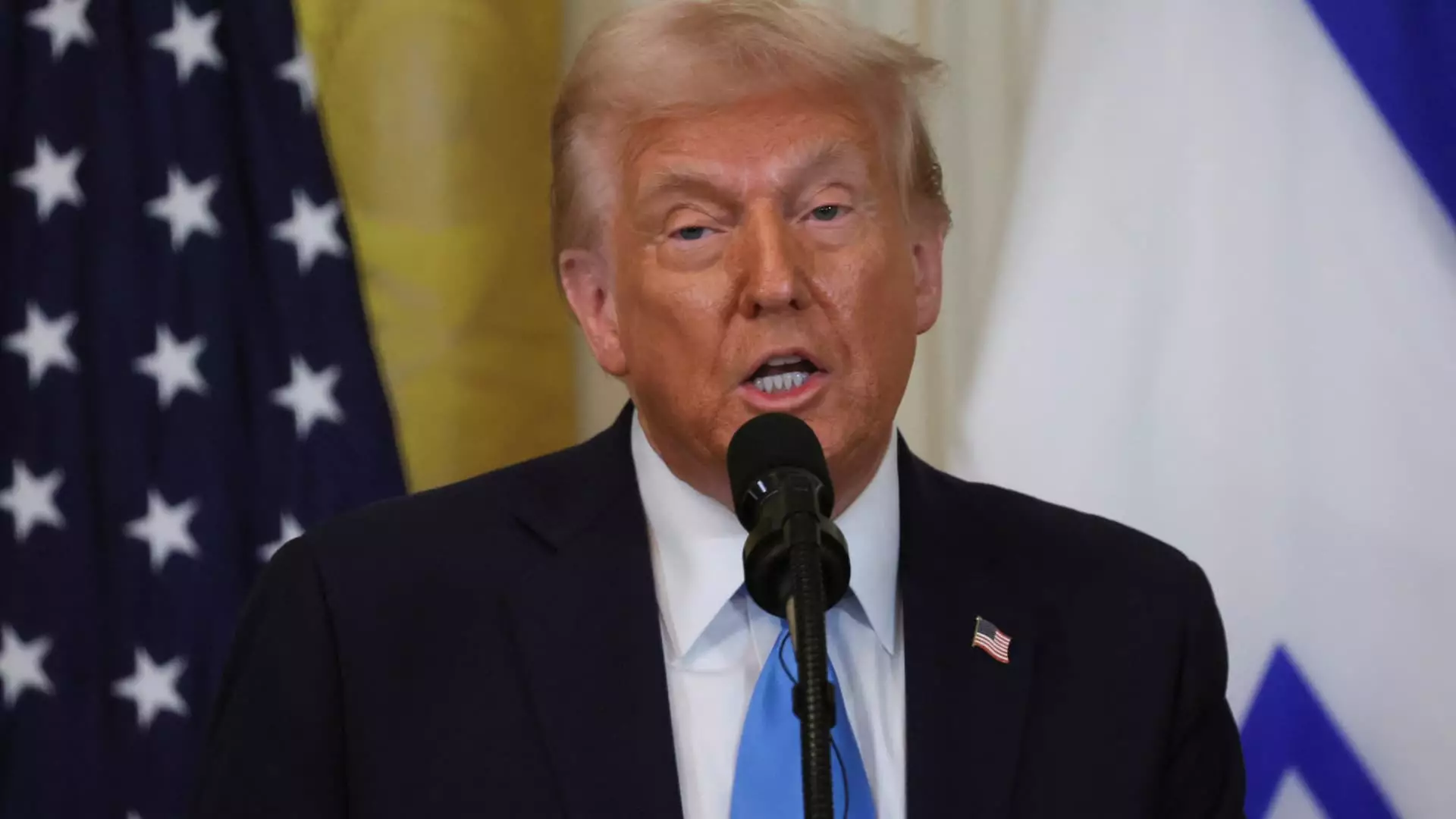The ongoing crisis in Gaza, exacerbated by the protracted conflict with Israel, has captured the attention of world leaders and policymakers. Recently, President Donald Trump made headlines with a bold statement, suggesting that the United States should take control of Gaza. The implications of this assertion raise critical questions about international relations, humanitarian responsibilities, and the long-term future of the region.
Trump’s proposal emerged in the wake of significant humanitarian and geopolitical turmoil. Following the devastating October 7, 2023, assault by Hamas on Israel, the region has been engulfed in a brutal 15-month war. This violence has resulted in substantial population displacements, with approximately two million Palestinians currently residing in Gaza under dire conditions. Trump’s comments during a joint news conference with Israeli Prime Minister Benjamin Netanyahu indicate a desire to shift the focus from conflict to recovery and development. However, the intricacies of such a proposition require a deeper examination.
Describing Gaza as a “hellhole,” Trump painted a stark picture of the living conditions faced by its inhabitants. Yet, juxtaposing this characterization with his vision of transforming Gaza into “the Riviera of the Middle East” raises concerns about the feasibility of such ambitions. The trajectory of rebuilding a war-torn region is typically laden with challenges, including political unrest, economic instability, and significant infrastructural damage. Furthermore, the suggestion that the U.S. could “own” Gaza implies a level of control that many international relations experts may deem problematic, not only from a sovereignty perspective but also in terms of historical precedents set by U.S. foreign policy.
Resettlement Plans: A Humanitarian Perspective
Trump proposed relocating the inhabitants of Gaza to neighboring countries such as Jordan and Egypt, claiming that these nations would “open their hearts” to accept these displaced individuals. However, the practicality and humanitarian implications of this proposal bring forth numerous ethical dilemmas. Forcing individuals to abandon their homes and communities can lead to resentment, lack of stability, and a perpetuation of the cycle of violence. The legacy of past resettlements in other geopolitical contexts shows that such measures often lead to further complications rather than resolutions. The assumption that the residents of Gaza can easily and willingly leave raises valid concerns regarding their autonomy and rights.
The Role of Regional Partners
The involvement of regional leaders, such as Jordan’s monarch and Egypt’s military leadership, is crucial in any potential resolution. The cooperation of these states is necessary for the success of any resettlement or development plan. However, historical tensions, political instability, and societal divisions within these countries could complicate their willingness to accept a sudden influx of refugees. Moreover, any attempt to involve neighboring nations in the management of Gaza raises questions about their own economic and political capacities to handle additional populations, especially considering their current challenges.
The Reaction from Israeli Leadership
Prime Minister Netanyahu’s reaction to Trump’s proposal was notably supportive, hinting at the potential for this approach to “change history.” This endorsement from Israeli leadership indicates a desire for a solution that can enhance regional stability and security. However, it also underscores a potential shift in the Israeli government’s approach to Palestinian autonomy and governance, bringing forth additional layers of complexity to an already intricate issue.
While Trump’s proposal to take control of Gaza and reshape it into a thriving territory presents an ambitious vision, it requires a nuanced understanding of the regional dynamics, humanitarian implications, and the rights of the Palestinian people. As the crisis evolves, the international community must critically evaluate the feasibility of such plans to ensure that they genuinely contribute to peace, stability, and justice for all parties involved. A productive conversation should prioritize the voices of those directly affected and strive not just for a change in governance but for genuine reconciliation and healing in a beleaguered region.

